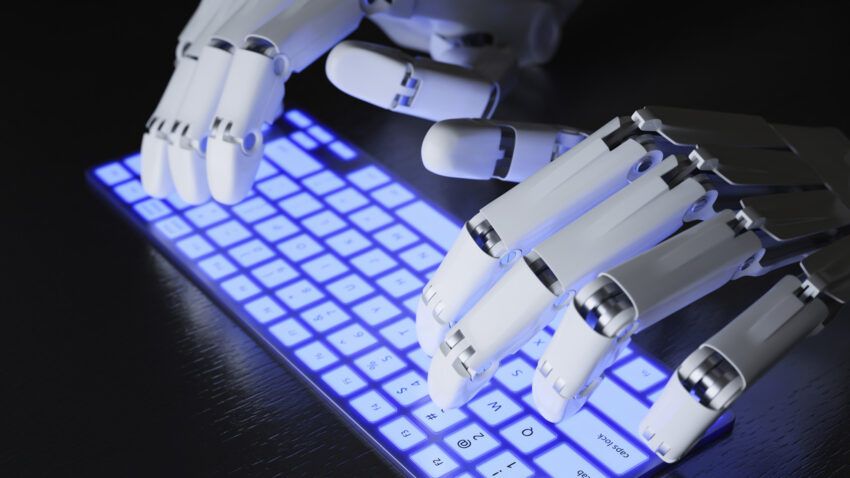The Digital Revolution, a transformative force that has swept through society over the past few decades, has fundamentally reshaped the way we live, work, and interact. It represents a seismic shift in the way technology permeates every aspect of our lives, redefining the very fabric of society. This revolution is marked by the rapid development and proliferation of digital technologies, including computers, the internet, smartphones, and artificial intelligence. One of the most profound impacts of the Digital Revolution has been on the way we communicate and connect with one another. The rise of the internet and social media has created a global network of interconnected individuals, enabling instant communication across vast distances. This has revolutionized business, politics, and personal relationships. The world has become smaller, and information flows more freely than ever before. However, this newfound connectivity also comes with challenges, such as the spread of misinformation and the erosion of privacy.

In the realm of business and the economy, the Digital Revolution has ushered in a new era of innovation and competition. Traditional industries have been disrupted, and new, tech-driven ones have emerged. Companies like Amazon, Google, and Facebook have risen to global dominance, reshaping entire sectors and amassing unprecedented wealth and power. Automation and artificial intelligence have also transformed the workforce, with machines increasingly performing tasks that were once the domain of humans. While this has led to increased productivity, it has also raised concerns about job displacement and income inequality. Education and learning have been profoundly affected by the Digital Revolution as well. Online platforms and digital resources have democratized access to knowledge, making it easier for people around the world to learn new skills and acquire information. Massive Open Online Courses MOOCs and e-learning platforms have made higher education more accessible, breaking down geographical barriers. However, the digital divide remains a significant challenge, with many still lacking access to the internet and digital learning tools.
Healthcare has also seen dramatic changes thanks to digital technologies. Telemedicine and wearable devices have revolutionized patient care and monitoring. Patients can now consult with healthcare providers remotely, and data from wearables can help detect health issues early. The Digital Revolution holds the promise of personalized medicine and improved healthcare outcomes, but it also raises concerns about data security and patient privacy. Privacy and security are paramount concerns in the age of the Digital Revolution. The constant collection and analysis of personal data have raised questions about who has access to our information and how it is used. Cybersecurity threats have become a daily reality, with individuals and organizations at risk of data breaches and cyberattacks. In conclusion, the Digital Revolution has brought about a profound transformation of society, touching nearly every aspect of our lives. It has revolutionized communication, reshaped industries, democratized education, and transformed healthcare.


